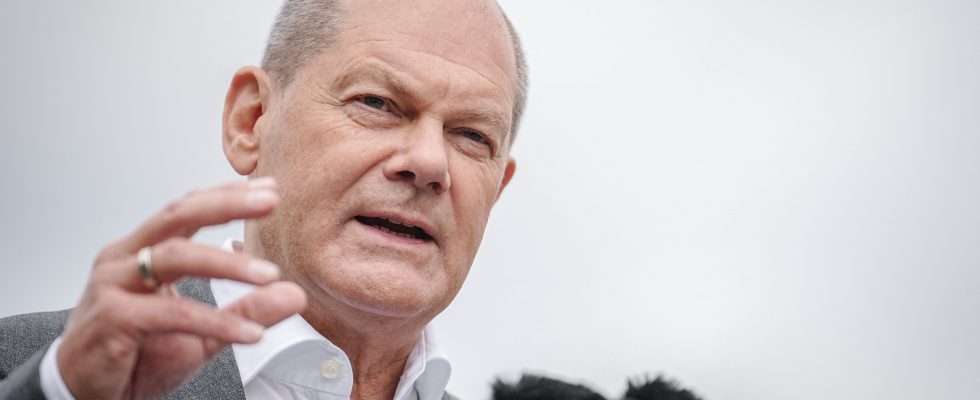Stefan Kooths, vice president and research director of the renowned Kiel Institute for the World Economy, warned the German government of the consequences of its own economic policies. The eminent economist criticizes the government for the country’s unnecessary bureaucracy, excess of power, excessive intervention and subsidies. “Politicians get caught up in more and more new regulations and interventions in the economy, which they then have to correct with new regulations and interventions, and so on, warns Stefan Kooths. a downward vicious circle.”
Due to the transformation of the German energy industry into a planned economy, electricity prices have steadily increased – even before the start of the war in Ukraine, they were among the highest in the world. The German economy is being strained by these burdens and more and more companies are relocating or are seriously considering doing so. Chemicals giant BASF recently announced that it would carry out massive job cuts in Germany and invest billions in China. The company justified its decision by the staggering cost of electricity in Germany and the extreme bureaucracy that reigns there. Many other companies have already announced that they will leave Germany for the benefit of the United States or Asia.
Politicians see the consequences of their interventionism, but plan to react by intervening even more. German politicians are now calling for a price cap on heavily subsidized industrial electricity for large companies. This means that government intervention first drives electricity prices to unaffordable levels, and then the taxpayer is supposed to step in and massively subsidize electricity costs for large corporations. On the surface, this is only temporary, as electricity prices, the government promises, will fall thanks to renewable energies.
This is of course an illusion. The guiding principle of German energy policy is: “all electric, only renewable energy”. However, this policy will more than double the demand for electricity. Wind and solar energy capacities are expected to more than quadruple. As wind and solar energy are very volatile, Germany would need huge storage and reserve capacities. “That’s neither technically possible nor affordable for a country like Germany. It’s just madness,” said Wolfgang Reitzle, one of Germany’s best-known business executives.
Rent freeze
The “cap on industrial electricity prices” is not the only example. For twenty years, German politicians have made housing construction unaffordable by imposing increasingly strict environmental regulations and increasing red tape and bureaucracy. The results of this policy were not visible as long as mortgage rates remained at historically low levels. Now that interest rates are slowly returning to “normal”, it has become impossible to build under these conditions. New construction in Germany is stagnating.
At the same time, government regulations have been tightened time and time again. First of all, a “brake on the price of rents” was introduced. However, as this did not work and rents continued to rise, the brake on rent prices was extended and tightened. As fewer and fewer new homes are built and millions of refugees arrive in Germany, rents are skyrocketing again. And what are the left-wing politicians in Germany asking for now? A rent freeze.
This is another typical example of the intervention spiral: when policy makers find that their market interventions are not working, they conclude that they need to launch even more drastic interventions. This process was described as early as 1949 by the German economist Alexander Rüstow: “The state begins to intervene, with the intention of limiting itself to these specific interventions. However, these interventions have unpredictable consequences, which in turn require new interventions going beyond the framework of the initial interventions of the government. This pattern is repeated with each new series of interventions, and so on, ad infinitum. And if the limit of the intervention of the State is not defined in principle, clearly and reasonably, from the outset, if private economists in any economic sector hitherto left free have to reckon with the possibility that sooner or later the state will extend its interventions into their sphere in an unpredictable way, there is no has more basis for long-term planning and sound management”.
Rainer Zitelmann is a German historian and sociologist. His book In Defense of Capitalism has just been published in English.
